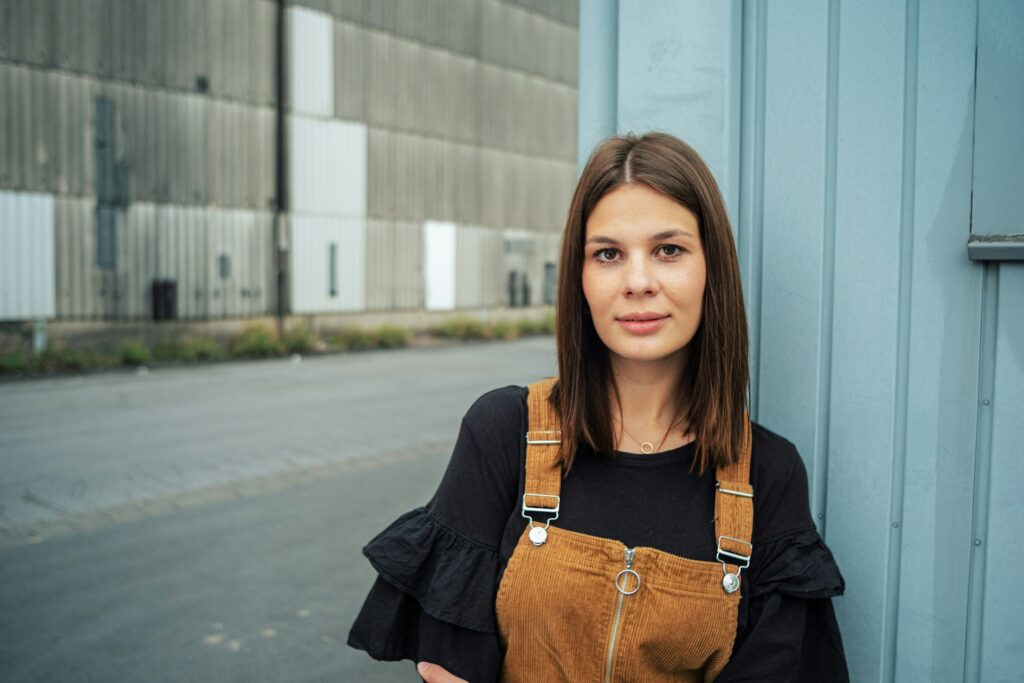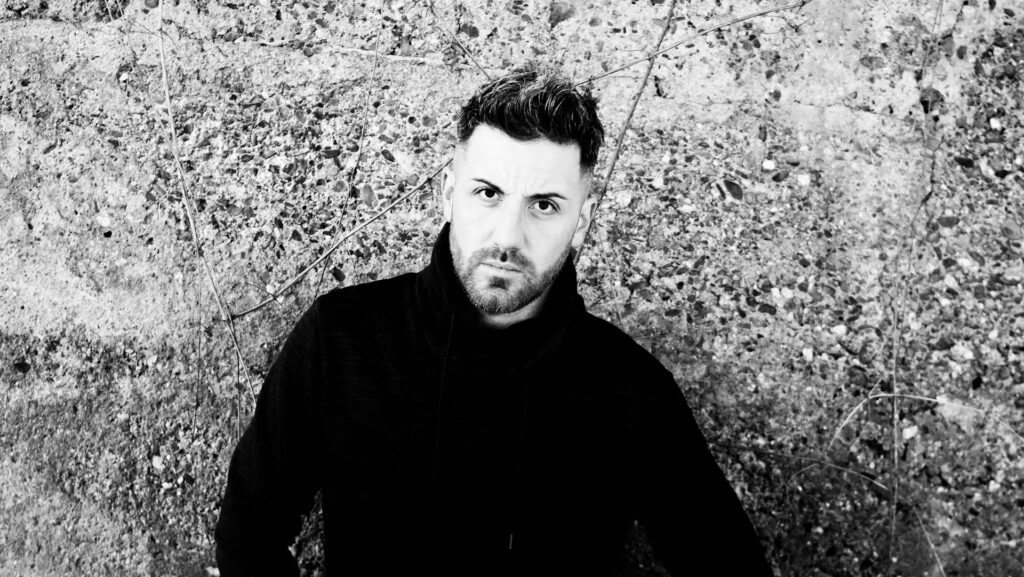Staying in your comfort zone feels safe, familiar, and reassuring.

However, as time goes on, it can definitely trap you into living a smaller, less exciting life than you’re capable of. Growth, adventure, and meaningful experiences often live just outside what feels comfortable. Here’s why comfort zones can be sneaky traps and how to start breaking free, even if it feels intimidating at first.
1. Comfort feels good at first, but it eventually shrinks your life.

At first, your comfort zone feels like a warm hug. It protects you from risk, embarrassment, and failure, but it also keeps you repeating the same patterns over and over. Without realising it, you stop reaching for new experiences, settling for what’s familiar instead of what’s possible. Over time, this makes your world smaller, not safer.
Stepping outside your comfort zone isn’t about throwing away everything you know; it’s about gently expanding it. Small risks, new conversations, and unfamiliar challenges stretch your edges wider, so your life grows bigger rather than smaller over time. Staying where you are might feel safe, but it quietly limits the life you could be living.
2. Growth only happens when you lean into discomfort.

We’re wired to avoid discomfort, but it’s exactly where real change happens. Growth never feels clean or tidy at the start. It’s awkward, confusing, and often scary. But every time you lean into those feelings instead of running away, you build emotional muscle you’ll need later for bigger dreams and challenges.
Discomfort is like a personal trainer for your soul. If you’re feeling stretched, it’s a sign you’re not stuck — you’re growing. The goal isn’t to eliminate fear or unease; it’s to get comfortable feeling uncomfortable because that’s where real progress lives.
3. Fear gets louder the longer you stay in one place.

The more you avoid doing scary things, the bigger those things start to seem. Fear feeds on avoidance — what felt mildly intimidating yesterday will feel overwhelming tomorrow if you never face it. Before you know it, simple challenges start to seem insurmountable, and confidence quietly slips away.
Facing fears doesn’t mean tackling Everest tomorrow. It’s about doing small, slightly scary things often enough that fear stops calling the shots. Every tiny risk you take chips away at fear’s power until it starts shrinking back to its proper size.
4. Waiting to “feel ready” just keeps you trapped.

One of the biggest myths the comfort zone sells is that you’ll eventually “feel ready” to make a move. You won’t. Readiness isn’t a feeling that appears fully formed. It’s something you create by acting before you feel totally sure of yourself.
If you wait for perfect timing, perfect confidence, or perfect conditions, you’ll be waiting forever. Taking imperfect action — showing up scared, messy, unsure — is how readiness grows. You build your courage brick by brick, not by waiting for a magical green light.
5. Familiar doesn’t automatically mean good for you.

We’re comforted by what’s familiar, even when it’s not healthy, fulfilling, or even particularly enjoyable. That’s why people stay in jobs they hate, relationships that feel empty, or routines that slowly drain their energy. The brain often prefers predictability over happiness.
Breaking the comfort trap means asking hard questions: “Am I staying because this is right for me, or just because it’s what I know?” Growth often means disrupting your own patterns and taking a leap before you feel totally certain where you’ll land.
6. You won’t know your limits until you challenge them.

Comfort zones teach you to accept an outdated version of yourself — one frozen at the last point you took a real risk. But you don’t really know what you’re capable of until you push your edges a little further than you thought you could go.
Every stretch, every small win outside the safety zone reveals a stronger, braver, more capable version of you. Growth isn’t reserved for “special” people. It’s a side effect of choosing challenge over safety, again and again, even when it’s uncomfortable.
7. Comfort zones drain your passion without you noticing.

Comfort feels good until it turns into boredom, and boredom turns into restlessness. When you stop challenging yourself, you stop feeling fully alive. Passion doesn’t thrive inside routines that never stretch or surprise you.
True excitement, curiosity, and inspiration usually show up when you’re trying something new, not when you’re endlessly repeating what you already know. Leaving the comfort zone often reignites parts of yourself that you didn’t even realise had gone quiet.
8. Opportunities don’t find you when you’re standing still.

It’s easy to believe that good opportunities will come to you if you’re patient enough, but most doors only open when you’re actively moving. Staying put and hoping isn’t a strategy. It’s a recipe for missed chances and stale energy.
Every step you take outside your comfort zone increases the likelihood of bumping into something wonderful you didn’t even know you were looking for. Life rewards movement, even when the movement feels slow, clumsy, or uncertain at first.
9. Progress is messy before it looks impressive.

One reason people stay stuck is because early-stage progress feels awkward and uncomfortable. You might look foolish, make mistakes, or feel like you have no idea what you’re doing, and that’s completely normal.
Messiness is part of the process. The people who succeed aren’t the ones who get everything right straight away — they’re the ones who keep going even when it feels rough, embarrassing, or confusing. Awkward beginnings turn into graceful mastery if you’re willing to hang in there.
10. Small risks change your life faster than you think.

You don’t have to quit your job, move countries, or start a business tomorrow to escape the comfort trap. Consistent small risks — applying for something you think you’re underqualified for, speaking up, trying a new hobby — build momentum surprisingly fast.
Every time you step a little outside what feels normal, you teach yourself that you can handle more than you thought. That slow, steady confidence adds up until one day you realise the walls of your old comfort zone don’t even fit you anymore.
11. Self-trust grows every time you step out.

One of the biggest gifts of challenging your comfort zone is the way your relationship with yourself changes. Every risk you take, even the tiny ones, quietly tells your brain, “I can rely on me.”
Self-trust isn’t built by staying safe. It’s built by showing up, getting it wrong, surviving the embarrassment or discomfort, and doing it again anyway. The more you prove to yourself that you’re capable, the less you have to rely on outside validation to feel steady.
12. Your comfort zone isn’t meant to be permanent.

Comfort zones serve a purpose sometimes — they give you space to rest, recover, and recharge. But they’re supposed to be temporary homes, not permanent residences. Staying there forever means letting fear make your decisions for you.
Life gets richer, fuller, and more meaningful the minute you start walking toward the unknown. The aim isn’t to live in constant discomfort but to live in a way that keeps expanding who you are. Growth asks you to leave the safe room, not because you have to, but because you’re ready for what’s waiting outside.


